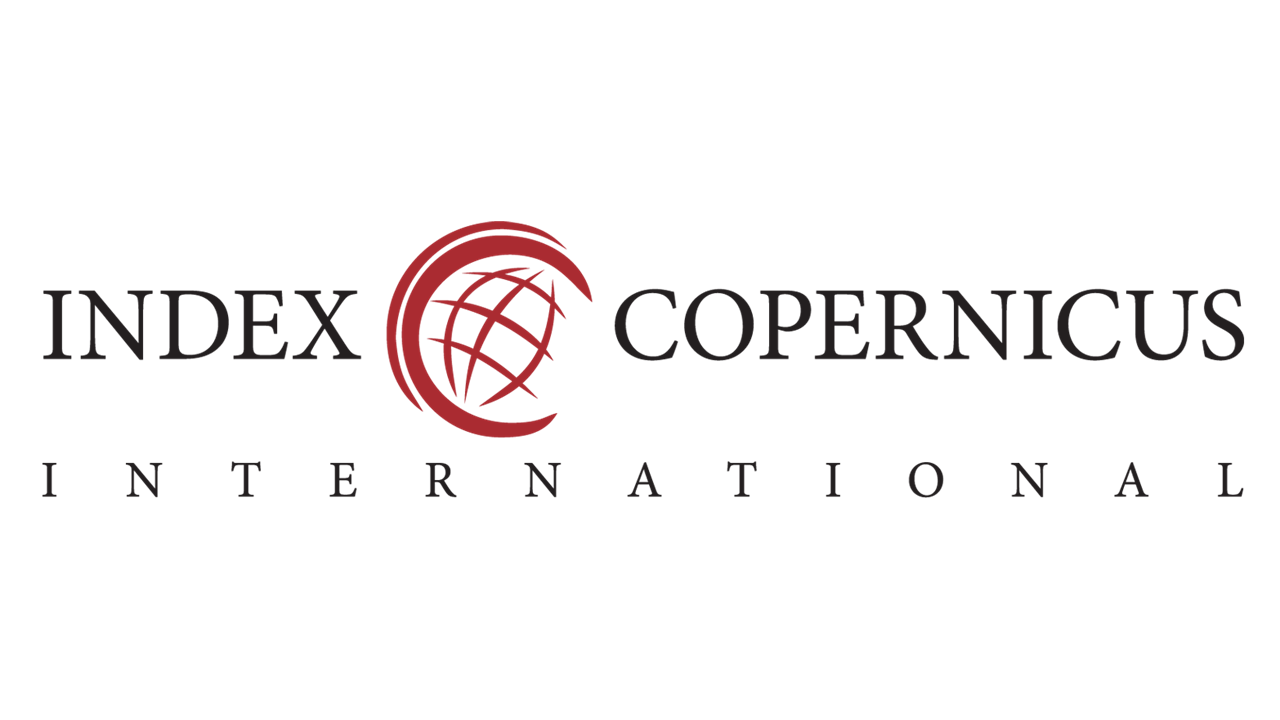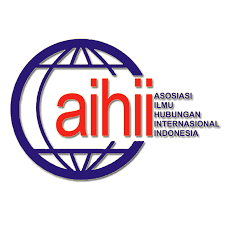UN and Muhammadiyah Cooperation in Eco-District Implementation to Address Environmental Issues in Yogyakarta
DOI:
https://doi.org/10.31315/jsdk.v17i1.14407Keywords:
Eco-District, Muhammadiyah, UN, SDGs, YogyakartaAbstract
Yogyakarta faces severe environmental issues, including a waste crisis and environmentally damaging mining activities. Muhammadiyah, a socio-religious organization, emphasizes environmental consciousness through its Environmental Assembly, aligning with SDG 13 on climate action. Meanwhile, the United Nations (UN), as a key SDG leader, is working with Yogyakarta's Regional Government on the Eco-District project, aiming to create sustainable urban areas by integrating environmental, economic, and social dimensions for an improved quality of life. This study explores the potential collaboration between the UN and Muhammadiyah to develop the Eco-District concept in Yogyakarta, leveraging the UN’s global environmental experience and Muhammadiyah’s extensive influence in Indonesian communities. Using a qualitative approach with a literature review, this research highlights strategies such as renewable energy promotion, waste management, green space expansion, and community education on sustainability. It assesses the planning, implementation, and outcomes of EcoDistrict projects, focusing on successes, challenges, and the value of multi-stakeholder partnerships for addressing complex environmental issues and fostering sustainable urban growth.References
Alison Leigh Browne, D. S., & Buckley, A. (2011). Social licences to operate: For better not for worse; for richer not for poorer? The impacts of unplanned mining closure for “fence line” residential communities.
Local Environment, 16(7), 707–725. https://doi.org/10.1080/13549839.2011.592183
Ansell & Gash. (2007). Collaborative governance in theory and practice. Journal of Public Administration Research and Theory, 18(4), 543-571. Journal of Public Administration Research and Theory, 18(4), 543–
https://doi.org/10.1093/jopart/mum032
Asrifah, Rr. D., Widiarti, I. W., Widhiananto, P. A., Ni’ma, L., Rahman, D. I., Jwalita, A., & Romizah, H. (2021). Groundwater Vulnerability towards Pollution in Area Around the Piyungan Landfill, Bantul Regency, D. I. Yogyakarta. RSF Conference Series: Engineering and Technology, 1(1), 432–452. https://doi.org/10.31098/cset.v1i1.416
Bottero, M., Caprioli, C., Cotella, G., & Santangelo, M. (2019). Sustainable Cities: A Reflection on Potentialities
and Limits based on Existing Eco-Districts in Europe. Sustainability, 11(20), 5794. https://doi.org/10.3390/su11205794
Fakhurozi, A., Suhariyanto, T. T., & Faishal, M. (2021). Analysis of Environmental Impact and Municipal Waste Management Strategy: A Case of the Piyungan Landfill, Yogyakarta, Indonesia. Jurnal Optimasi Sistem Industri, 20(1), 61–71. https://doi.org/10.25077/josi.v20.n1.p61-71.2021
Fatmawati, F., Mustari, N., Haerana, H., Niswaty, R., & Abdillah, A. (2022). Waste Bank Policy Implementation through Collaborative Approach: Comparative Study—Makassar and Bantaeng, Indonesia.
Sustainability, 14(13), 7974. https://doi.org/10.3390/su14137974
Mayasari, H., Wardhana, B. I., & Tahir, I. (2023). EVALUATION OF LANDFILL MANAGEMENT AT PIYUNGAN LANDFILL YOGYAKARTA BY USING INTEGRATED RISK BASED APPROACH METHOD. Journal of
Environmental Engineering and Landscape Management, 31(1), 23–33. https://doi.org/10.3846/jeelm.2023.18065
Mohd Som, R., Ismail, I. A., Omar, Z., Alias, S. N., & Asimiran, S. (2023). An assessment of facilitative leadership, communication quality and trust on public-private partnership success. Journal of Asia Business Studies, 17(5), 1042–1066. https://doi.org/10.1108/JABS-12-2021-0487
Mukti, R. A., & Efendi, D. (2020). Kampung Hijau Gambiran: Praktik Tata Kelola Lingkungan Hidup berbasis Collaborative Governance. Samudra Biru bekerjasama dengan Laboratorium Ilmu Pemerintahan UMY. https://books.google.co.id/books?id=9W_sDwAAQBAJ
Mulasari, S. A., Husodo, A. H., & Muhadjir, N. (2016). ANALISIS SITUASI PERMASALAHAN SAMPAH KOTA YOGYAKARTA DAN KEBIJAKAN PENANGGULANGANNYA. Jurnal Kesehatan Masyarakat, 11(2), 259–259. https://doi.org/10.15294/kemas.v11i2.3989
Neuman, W. L. (2007). Basics of Social Research: Qualitative and Quantitative Approaches. Pearson/Allyn and Bacon. https://books.google.co.id/books?id=wjp2PwAACAAJ Pangaribowo, W. S., & Putri, G. S. (2024). Pemda DIY Sebut Ada 32 Tambang Ilegal di Yogyakarta. Yogyakarta.Kompas.Com.
Pickerill, J., Chitewere, T., Cornea, N., Lockyer, J., Macrorie, R., Blažek, J. M., & Nelson, A. (2024). URBAN ECOLOGICAL FUTURES: Five Eco-Community Strategies for more Sustainable and Equitable Cities.
International Journal of Urban and Regional Research, 48(1), 161–176. https://doi.org/10.1111/1468-2427.13209
Pimpinan Pusat Muhammadiyah. (1997). Visi dan Misi Majelis Lingkungan Hidup Pimpinan Pusat (PP) Muhammadiyah. Http://Lingkungan.Muhammadiyah.or.Id/.
Ratnasari, A., Sitorus, S. R. P., & Tjahjono, B. (2015). PERENCANAAN KOTA HIJAU YOGYAKARTA BERDASARKAN PENGGUNAAN LAHAN DAN KECUKUPAN RTH. TATALOKA, 17(4), 196. https://doi.org/10.14710/tataloka.17.4.196-208
Ritohardoyo, S., & Sadali, M. I. (2017). KESESUAIAN KEBERADAAN RUMAH TIDAK LAYAK HUNI (RTLH) TERHADAP TATA RUANG WILAYAH DI KOTA YOGYAKARTA. TATALOKA, 19(4), 291. https://doi.org/10.14710/tataloka.19.4.291-305
Salat, S. (2021a). DESIGN WITH NATURE INTEGRATED GUIDELINES FOR SUSTAINABLE NEIGHBOURHOOD.
Salat, S. (2021b). INTEGRATED NEIGHBOURHOOD SYSTEMS GUIDELINES FOR SUSTAINABLE NEIGHBOURHOOD DESIGN.
Salat, Serge. (2021). Integrated Guidelines For Sustainable Neighbourhood Design. Urban Morphology and
Complex System Institute (UMCSII).
Sonter, L. J., Ali, S. H., & Watson, J. E. M. (2018). Mining and biodiversity: Key issues and research needs in conservation science. Proceedings of the Royal Society B: Biological Sciences, 285(1892), 20181926. https://doi.org/10.1098/rspb.2018.1926
Sulistiya, A. R. (2023). Jogja Darurat Sampah: Begini Kata Warga, Begitu Kata Staf Dinas Lingkungan Hidup. Tempo.Co.
TSPA. (2019). Eco-Districts in Yogyakarta, Semarang, Wonosobo, Indonesia TSPA.
https://www.tspa.eu/en/journal/indonesia-ecodistrict-programme
Yusanto, Y., & Akbar, M. (2024). TIN: Terapan Informatika Nusantara Analisis Sentimen Jogja Darurat Sampah di Twitter menggunakan Ekstraksi Fitur Model Word2Vec dan Convolutional Neural Network.
Downloads
Issue
Section
License
1. Copyright of this journal is possession of Editorial Board and Journal Manager, by the knowledge of the author, whilst the moral right of the publication belongs to the author.
2. The legal formal aspect of journal publication accessibility refers to Creative Commons Atribusi-Non Commercial-No Derivative (CC BY-NC-SA), implies that publication can be used for non-commercial purposes in its original form.
3. Every publication (printed/electronic) are open access for educational purposes, research, and library. Other than the aims mentioned above, editorial board is not responsible for copyright violation










